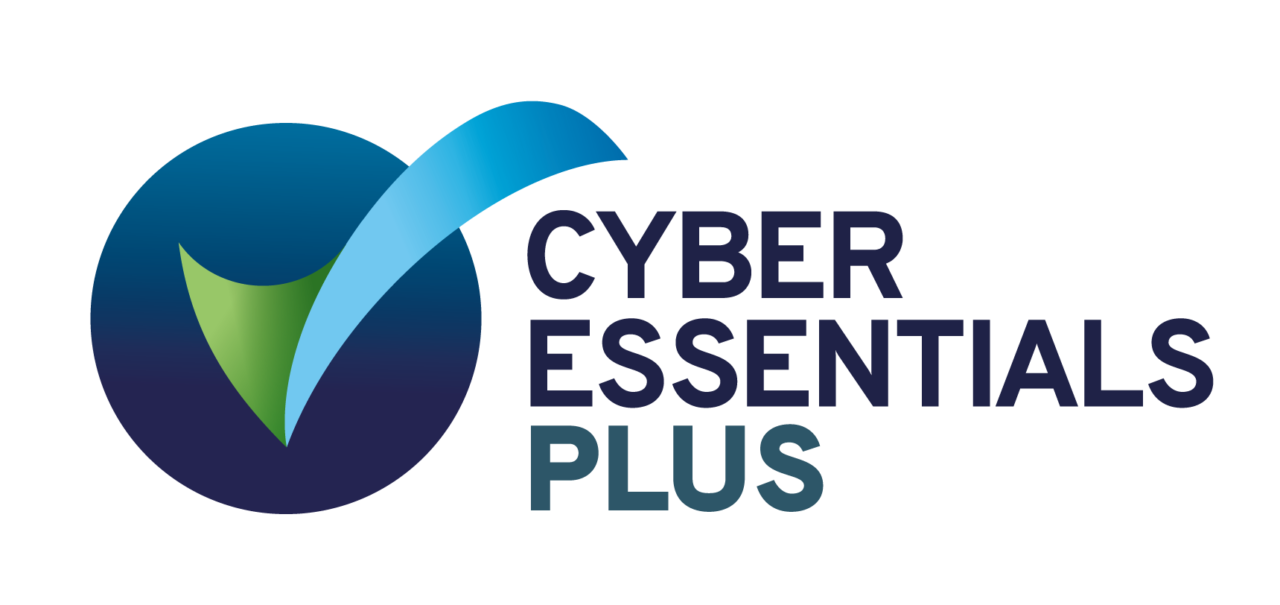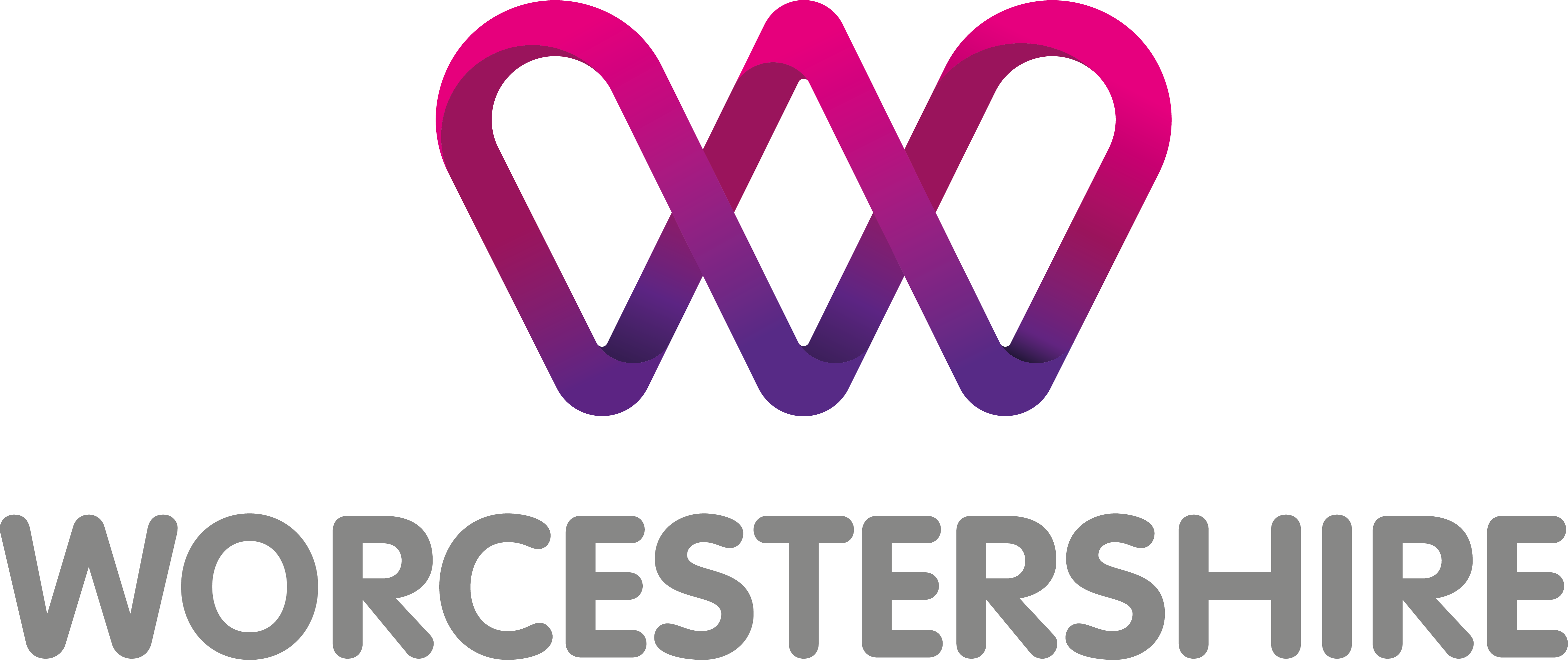Translating a technical manual is a specialist job, needing a clear understanding of the functions and features of the equipment being described. It’s not a job that any translator can take on, and the best translators specialise in this field.
Here are our top 5 issues to consider when looking for a technical manual translation service:
Clear writing style – The translation should read with a clear, unambiguous style, especially when translating user instructions or safety information. From the numerous documents we have worked with over 30 years, it’s clear that not all original manuals are written with translation in mind, so expect your translators to ask questions to ensure the message is clear. It’s imperative that a native speaker is used, who will understand the best way to phrase information so that it is clearly understood.
Preferred terminology – Quite often customers have lists of their own preferred in-house terminology, or terms which are specific to their industry. Customer-specific vocabulary should be used if available and all terminology should be used consistently. It might be worth drawing up a glossary before beginning the technical translation to ensure that the key terms are approved beforehand.
Context is king – Quite often a client will have a technical manual for translation but supplies the software strings beforehand as these are ready to go but the manual is still being prepared. This makes translation of the strings tricky, if the translator has no knowledge of the contents of the manual. Either provide the manual first, or be prepared to accept changes in the software string translations once the manual is complete and the full context has been provided.
Technical understanding – Use a qualified, mother-tongue technical translator with experience in the right fields. Our translators have qualifications, and either hands-on experience or many years of translating technical subjects under their belts. Despite this it’s not unreasonable to expect your translator to ask questions if anything is unclear – someone’s safety may be at stake. Don’t be afraid to ask for more details on the experience of your translators – ask to speak to them directly if you’re not sure about their competence.
End use –Think about who is going to read the document – will it be an operator, an engineer, a layperson or a specialist – make sure your translator knows who your technical manual is intended for and their level of knowledge. It will help them translate accordingly providing a technical document translation in words the reader will understand.
You’ll find more information on our website about technical manual translation, but do contact us if you have any queries.
So, if you need to translate a technical manual or other technical documentation, get in touch with us now on 01562 748778 or [email protected].
















